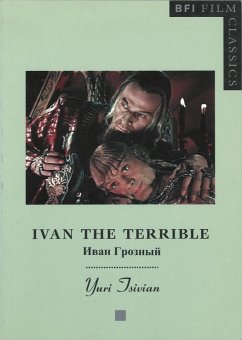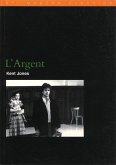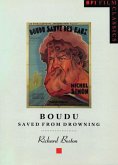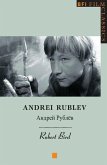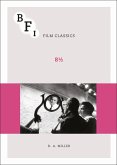Ivan The Terrible (1944/46) was envisaged by its director, Sergei Eisenstein as a trilogy. But, Eisenstein died before begining the third part. Part One had been a resounding success, winning a Stalin prize, but Part Two met with the Kremlin's disfavour and was eventually banned until 1958. Using research gathered from Soviet archives, Yuri Tsivian offers an insight into Eisenstein's grand project. He reconstructs the director's 'mental film' that underlies the finished work. The book attempts to follow the train of thought that connect the aesthetic construction and visual design of the film to Eisenstein's knowldege of iconography and painting, psychoanalysis and philosophy, Shakespeare and Balzac - and much more.

